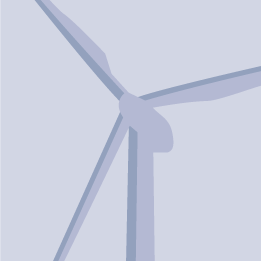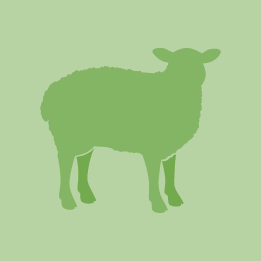
THE ENVIRONMENT
Energy Usage

Our Dixon, California plant activated a state of the art solar system that, combined with the existing wind turbine, provides 95% of the energy requirements from clean energy sources.
Overall, the company has reduced its use of electricity by 28% and the natural gas usage by 54%. These savings are due to recent installation of more efficient equipment, reducing its dependence upon fossil fuels and production of greenhouse gasses.
Water Usage
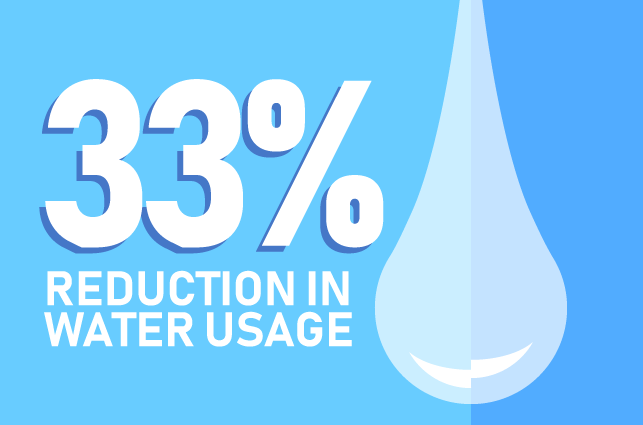
Our Dixon, California plant has reduced its use of water by 33%. That savings equals the amount of water used by more than 130 households annually. Water used at our California facility goes through a series of ponds, gets filtered and helps irrigate neighboring fields where sheep graze.
Transportation Improvements
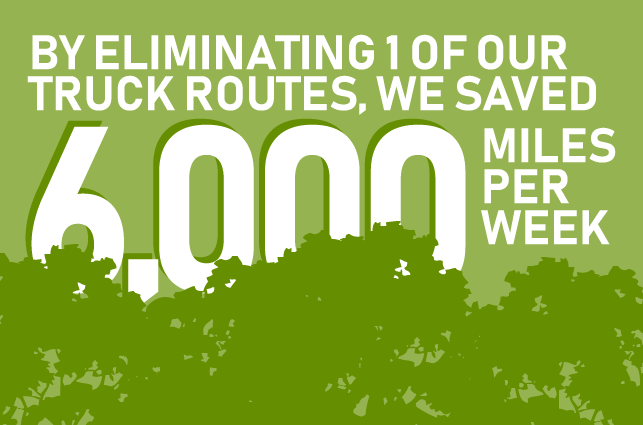
Since 2015, the company has reduced its use of diesel fuel by over 140,000 gallons per year. This has been achieved through improving efficiencies of truck routes and use of rail.
Environmentally Friendly Packaging

Vacuum skin packaging (VSP) reduces our use of plastics by 1/3. Also eliminates the need for re-packaging product when it arrives at retail stores.
This packaging technology has helped our customers minimize food waste by reducing the amount of product thrown away by up to 2/3. The VSP packaging better protects food and allows for longer shelf life which results in less waste.
Local
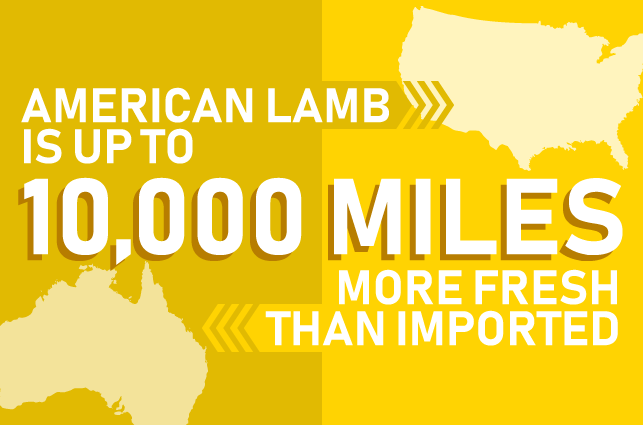
Buying American lamb supports local, rural communities, American farming families and reduces the environmental impact of shipping imported lamb thousands of miles.
Grazing Benefits
Superior Farms works with over 1,000 family farms throughout the United States who graze their lambs on pastures, receiving excellent nutrition while providing benefits to the land through fertilization, erosion mitigation and wild fire suppression.
Regenerative Grazing - Many sheep producers work with other crop farmers by bringing sheep onto fields after crops have been harvested. The lambs eat naturally enriched crops while boosting the level of organic matter in the soil, making it more fertile and lowering carbon emissions by reducing the amount of tractor time on the field.
Low Carbon Footprint Vineyards - In Northern California, producers contract with vineyards where lambs graze on grasses and weeds. Sheep keep insects at bay by turning and fertilizing the soil. This reduces the use of pesticides and fossil fuel burning equipment such as tractors and mowers. These lambs also trim the leaves from vines improving the productivity of the vineyards.
Saving our National Forests and Public Lands - About two thirds of land in the United States used for grazing is “marginal” meaning that it is not suitable for growing crops. This land is optimal for animals like sheep to graze because their presence improves these lands by stimulating plant growth, reducing weeds, creating fertilizer, mitigating wild fires, and reducing water runoff.
Wool Benefits
An average sheep in the US produces 7 pounds of wool annually which amounts to 27 million pounds of wool. Wool is an efficient insulator, biodegradable, naturally water resistant and easily cleaned.

